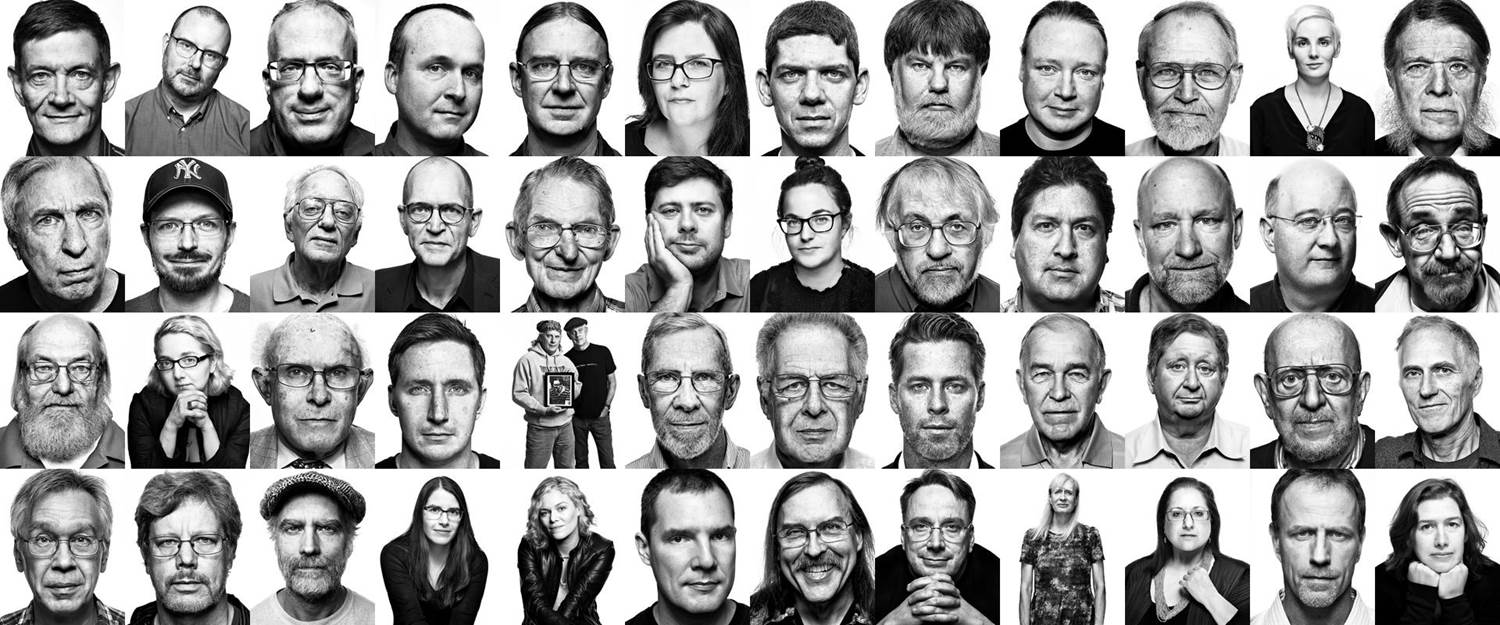-
Empathy Mapping with Diary Studies
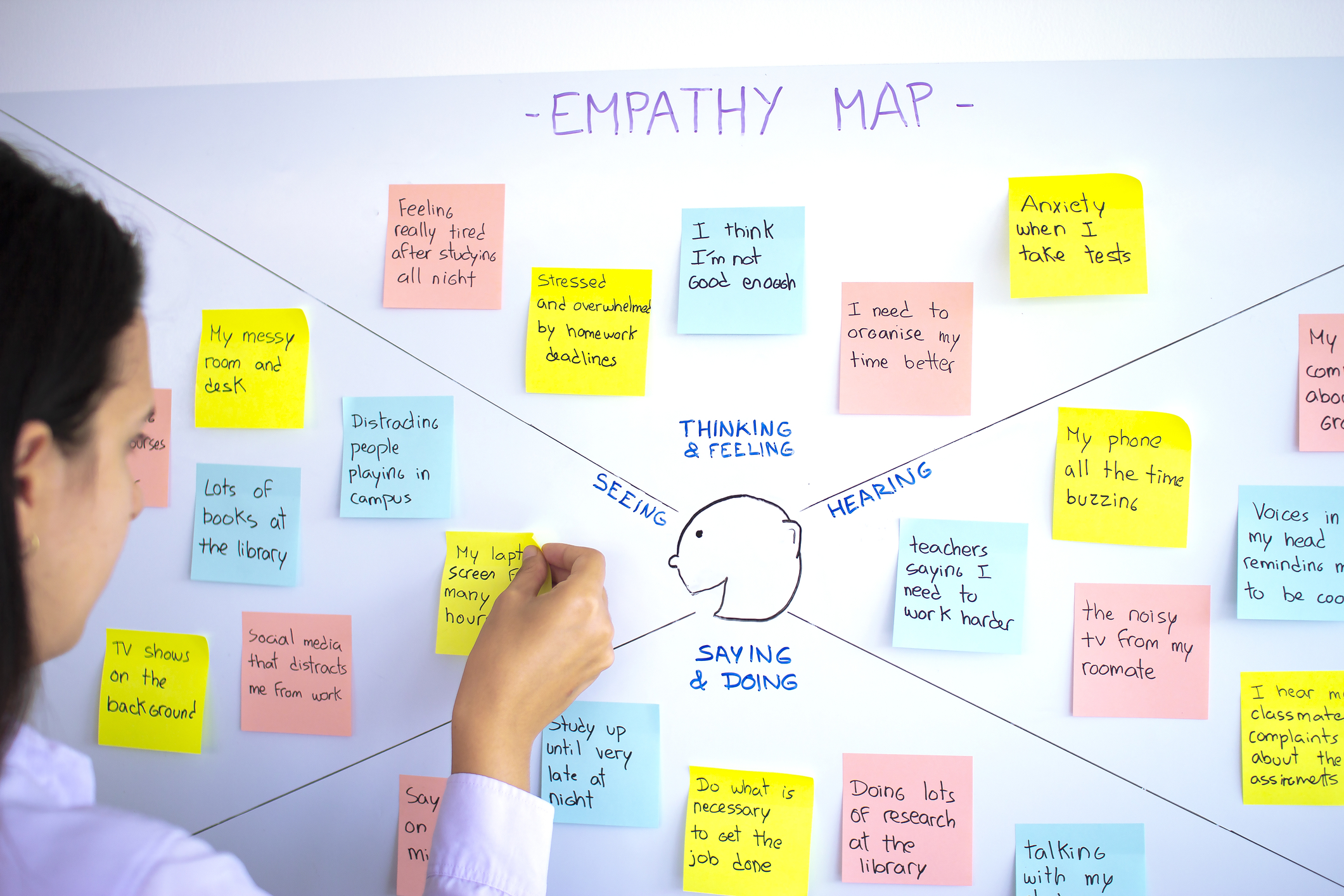
Introduction Qualitative research can generate extraordinary amounts of data. Because it’s generally exploratory, the findings often do not easily plug into a predefined analytical framework. Organizing and synthesizing the collected data to enable the identification of relevant and actionable insights can involve more time and effort than any other aspect of the project, including fieldwork.…
Get Out of the Aquarium and Swim with the Fish

In this video, Siamack Salari discusses the differences between mobile ethnography and IDIs, and how he often combines the two methods to improve research results. He leverages mobile ethnography ahead of IDIs to collect background data and better understand the participants as a means of enriching the follow up IDIs. Video Transcription: It’s always dodgy…
Photovoice: Every Picture Tells a Story
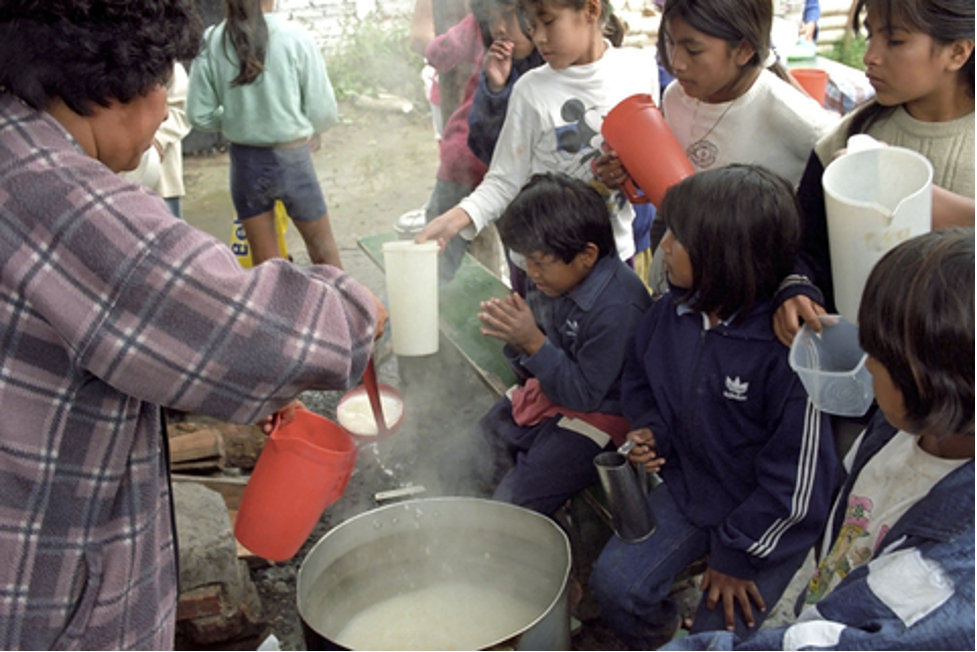
Introduction Communities and populations most in need of supportive change often face the most significant challenges of having their voices heard and their needs understood. Photovoice is a participatory research method that enables them to document and share the realities of their lived experiences with policymakers. What is Photovoice? Photovoice equips people who need to…
Lean into Generative UX Research During Recessions
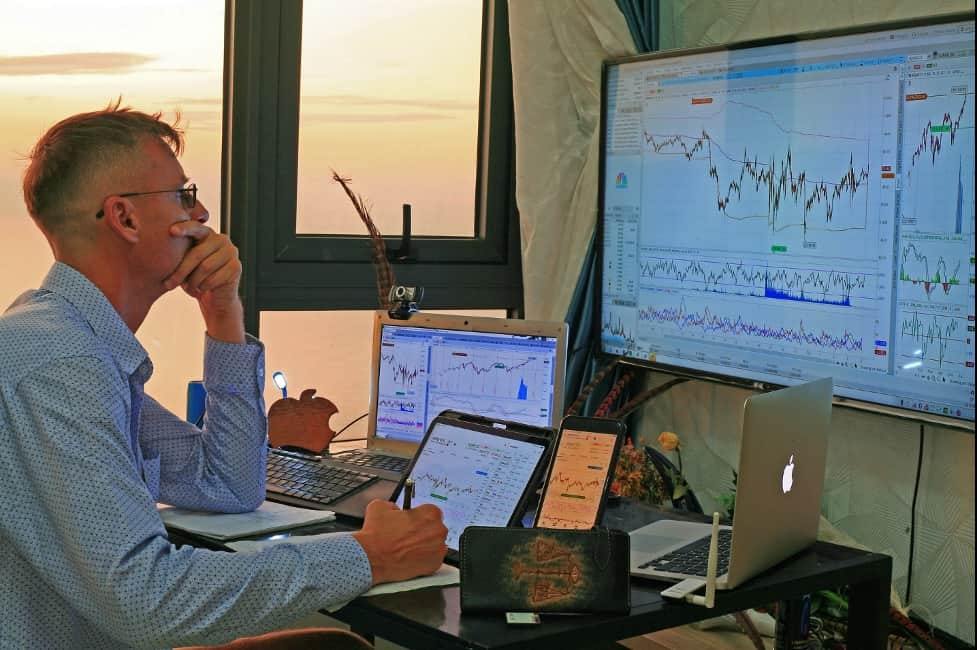
Introduction Generative research produces revenue through data-driven storytelling. The resulting qualitative findings may be the difference between a company folding or flourishing in the year ahead. Businesses that embrace generative research methodologies will stay aligned with changing user needs and, in turn, will be better positioned to pioneer user-centered innovations. For most, it is clear…
Mobile Ethnography Analysis and Interpretation
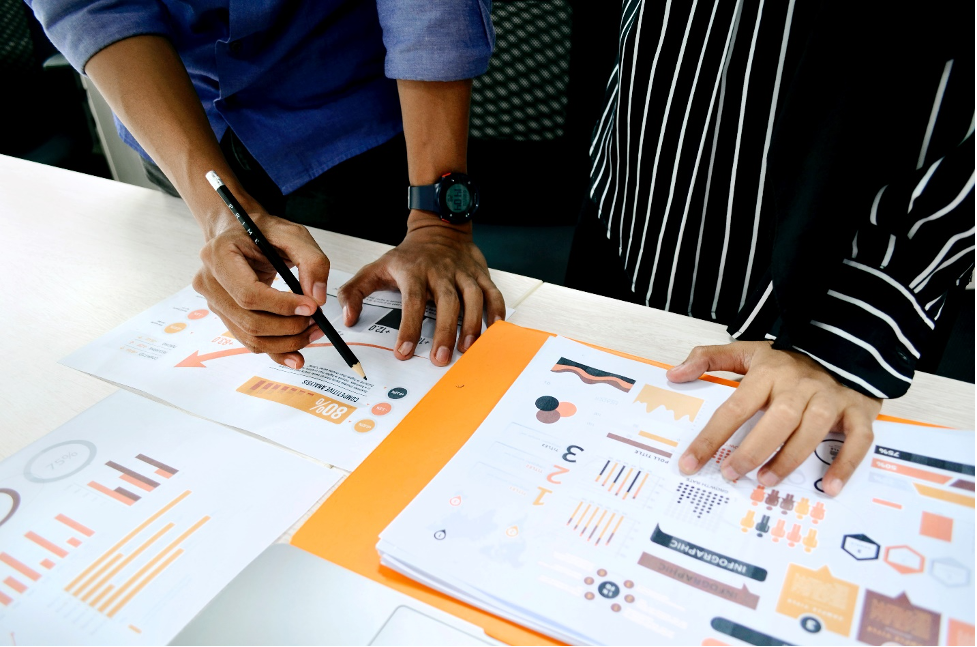
In this video Siamack Salari talks about the differences between analysis, interpretation, and sense making in mobile ethnography projects. Siamack is an ethnographer and the founder of EthOS. Video Transcription: Analysis, and interpretation of mobile ethnography. Now, first of all analysis, what do I mean by analysis. Analysis is just sorting through what you have.…
Supercharge Your Shopper Insights with Mobile Ethnography

Introduction The holy grail of shopper research is to understand why people do what they do throughout their journey: before, during, and after their shopping experience. More than one research team has wished they could tag along without interfering, like a fly on the wall. Many questions we ask in shopper research have stayed the…
Get to Know Your Participants Through Vertical Analysis

Siamack is the founder of mobile ethnography tool EthOS. In this video, he recommends using vertical analysis to understand who your participants are as individuals. Video Transcription: Most mobile ethnography projects if not all of them are based on a bunch of tasks that we give participants to complete and you can number them task…
Three ways mobile product managers can overcome UX debt

Abstract Moving quickly comes at a cost for product managers and product designers, and that cost is UX debt. Compounding UX debt is the source of many users’ and designers’ frustrations, lessening utilization & engagement over time. What’s the cost of moving fast and hitting quick deadlines? UX debt. Typically, this type of debt will…
3 Potent Generative Research Methods

Introduction Generative research methods involve gaining a deeper understanding of users to unearth opportunities and facilitate innovation. When researchers conduct this kind of research, they observe people in their everyday lives and analyze their real-world behaviors. The goal is to better understand who users and customers are as people as a means of matching their…
Understanding Consumers with Mobile Ethnography Tools
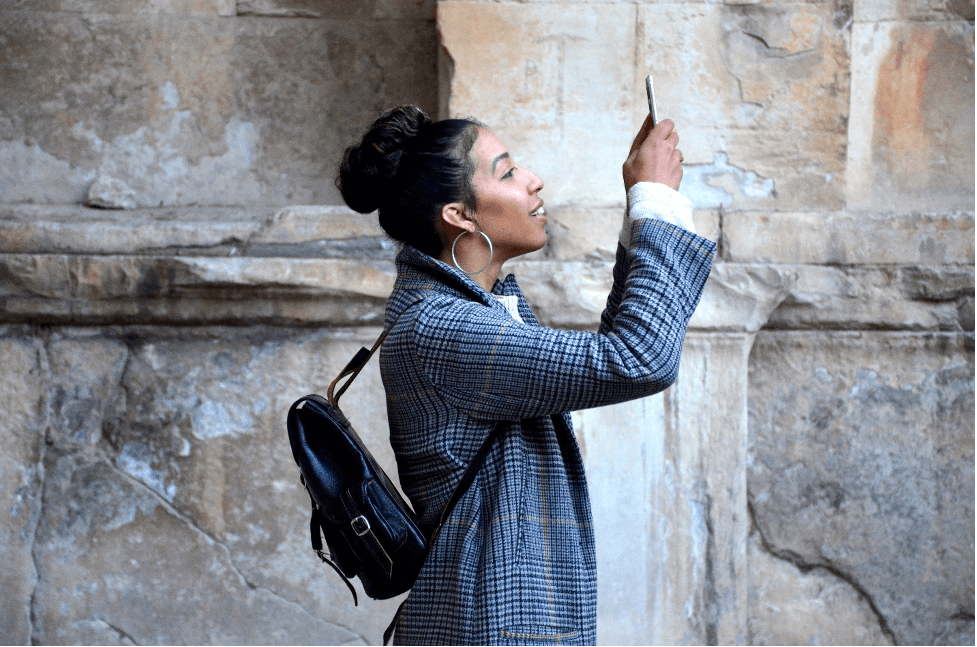
Mobile ethnography involves capturing user experiences through smartphones. Leveraging mobile ethnography tools, researchers don’t have to physically travel to the people they are studying, reducing the costs and logistics associated with traditional ethnographic methods. Through mobile devices, researchers are remotely present in the everyday moments of the people they are studying. Below are the benefits…

